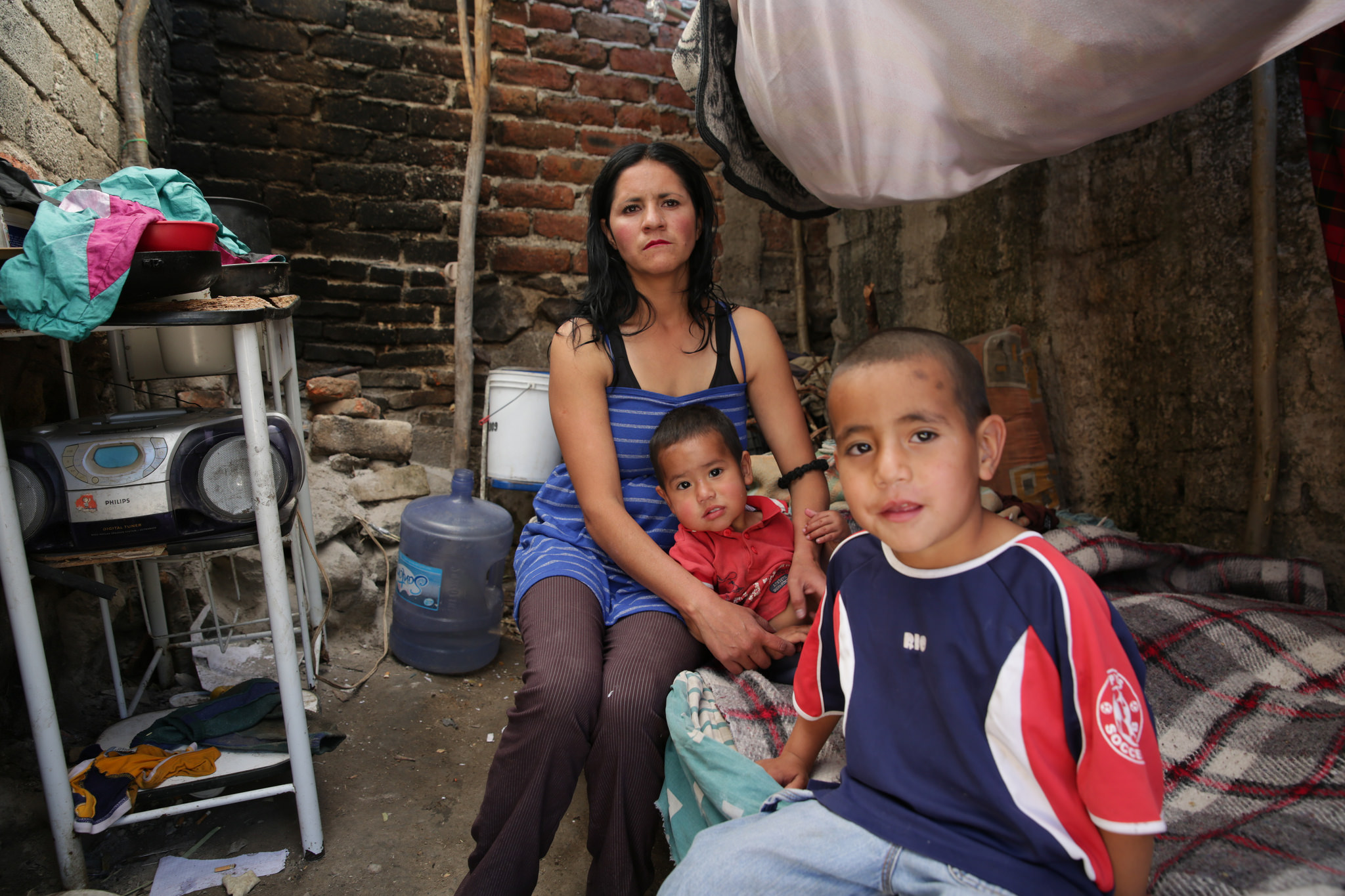Rewarding poor households directly with financial support for performing certain actions is a popular social welfare programme in Latin America. Through detailed impact evaluations of these ‘Conditional Cash Transfers’, research from University College London has been instrumental in helping governments to design and refine their programmes, helping to encourage social development for tens of millions of poor people.
Conditional Cash Transfers (CCTs) are a type of social welfare programme that involves giving poor families money for meeting a set of welfare targets, such as sending their children to school or taking them to health centres for growth and development check-ups. CCTs have become very popular in Latin America, with major programmes reaching millions of people across Mexico, Colombia and Peru. Professor Orazio Attanasio, from University College London (UCL) has been instrumental in helping governments and international donors to design and improve CCTs, by testing their impact and the effectiveness of their design.

In Mexico, the CCT known as Oportunidades reaches over 20 million people and helps reduce poverty, increase enrolment in schools, improve childhood nutrition and empower women. Between 2002 and 2008, Attanasio was part of an advisory board helping the Government of Mexico to evaluate Oportunidades. His research found that the CCT had little impact on primary school enrolment, in part because it was already high, and so he recommended restructuring the CCT in order to increase support for secondary school attendance. The Mexican government followed this advice, asking Attanasio to help test out the new design on two cities with a joint population of 4 million. The findings significantly reshaped the Mexican government’s approach to school assistance programmes, and in 2013 the Inter-American Development Bank asked Attanasio once again to advise on the further development of Oportunidades.
Joint working with researchers from UCL and the Institute of Fiscal Studies also helped to design Familias en Accion; the biggest welfare programme in Colombia. Their research into this CCT showed that it especially improved nutrition in young children from poor families. On several occasions, the Colombian Government has used the findings to expand and develop the initiative, which now affects over 3 million households. This work with Familias en Accion led to UCL taking part in a collaborative project, funded by the Department for International Development, the Economic and Social Research Council, the World Bank and others, which tested one scheme’s effect on the learning and development of young children in 96 small towns across Colombia. The pilot scheme was successful: raising awareness of the importance of child development and demonstrating the pivotal role that mothers and the immediate family have to play.

Because of that work, the Government of Peru asked UCL researchers to support them in designing a home visiting initiative to improve the health and education of children under three years old. This programme will make up a fundamental component of Peru’s wider early childhood development strategy known as Cuna Mas, which will ultimately reach millions of poor children across the country.
As well as informing the decisions of governments across Latin America, UCL research has also influenced the work of multilateral donors. It was cited over 50 times in a major report that shaped the World Bank’s policy on Conditional Cash Transfers – a policy which, in 2009 alone, saw the Bank provide $2.4 billion in lending to scale up and start CCT operations around the world.
Read more about this research in the original impact case study submitted to the Research Excellence Framework 2014.

